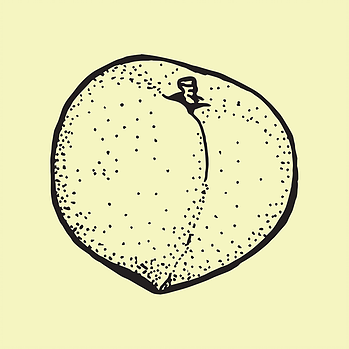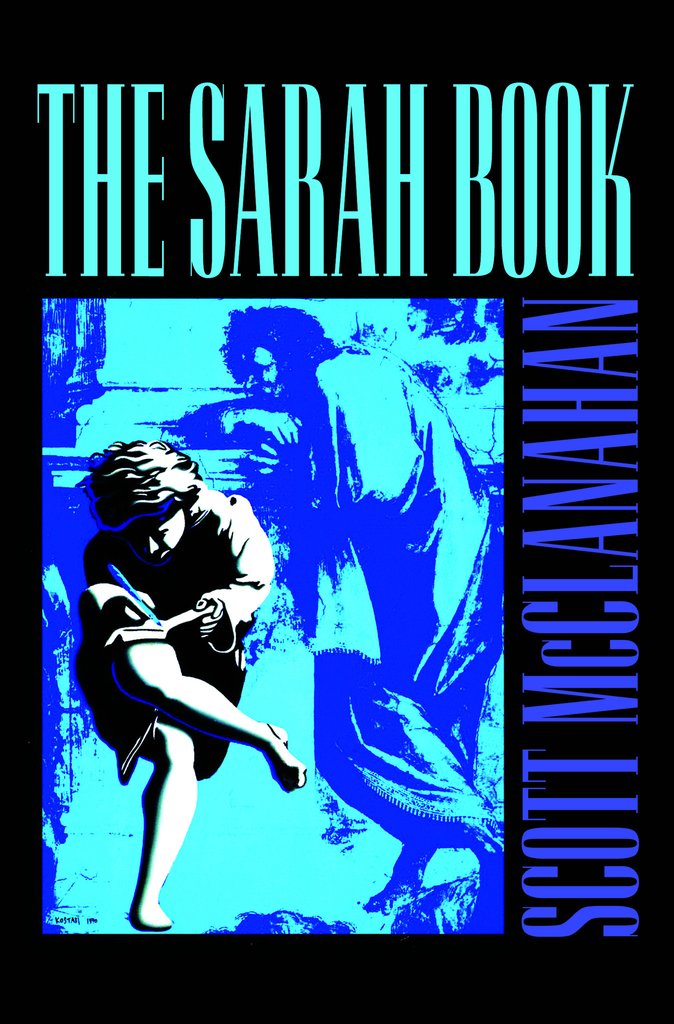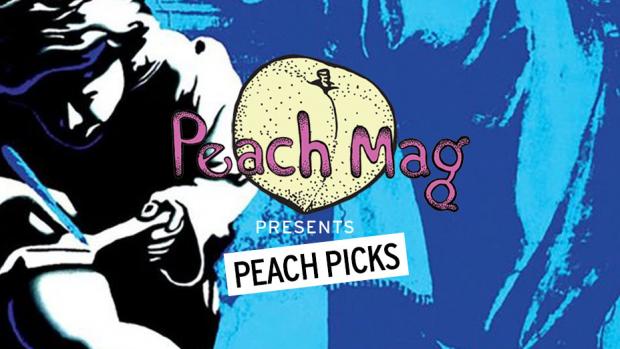Peach Picks: Literary Recommendations for the Week
 |
ON PEACH: Sam Price presented a pair of conjoined fiction pieces last Friday on Peach. Price’s work concerns family, the way we divide it and the ways in which it divides itself. The first, “On My Mother’s Side,” paints a side of the family devastated by loneliness: “One holiday ends with the living brothers and sisters climbing stiff-kneed into their SUVs, their children grown and gone, no limp, dead-tired bodies that need to be carried to the car. They drive home where single lamps are lit in living rooms to give the illusion to potential thieves that someone is home, alert, waiting for them.” The other, ”On My Father’s Side,” is less knowing, and a little more playful: “Later, after some grieving, my mom put it this way. His dad lived until fifty-two, and your dad lived until sixty-seven, so you should get fifteen more years on top of that. I imagined passing away at eighty-two, after a long, productive life. Of course the funeral was mobbed with press.” When presented together, Price’s stories reveal life as a long tragicomedy that we are forced to silently watch with a very familiar audience. There is a delicate and masterful sense of restraint in the work of Terry Abrahams. Peach published four pieces by Abrahams yesterday, three of which take on the guise of short “exercises.” In exercise in grieving, Abrahams writes simply, “stand still / for as long as possible.” In exercise in understanding, “you are so small / in this / with me.” The space around Abrahams simple words beguile the magnitude of the feelings communicated. These words create beautiful, big open spaces that are lonely, but certainly not empty. |
 |
IN PRINT: By Scott McClanahan Tyrant Books, 233 pages The Sarah Book is a catalogue of modern American misery. McClanahan details the fallout from his divorce to the titular Sarah in clean and precise prose that leaves nowhere to hide. “That night I dreamed we were all magnets. I dreamed all living things were magnets and from the moment of our births we were being drawn together by some invisible force. I was a magnet and Sarah was a magnet and books were magnets too. We had finally found one another.” The Sarah Book reads like a waking nightmare — all these painfully mundane daily details seem familiar, except now everything has fangs. There are some tiny moments of joy, but they always exist in the past, and they’re always tainted in some way by the miserable sludge of time. The stories told in each chapter act as “anti-fables” in a way, a sentimental lesson is pulled out from under the reader and we’re left without any easy conclusion to make sense of the big dumb human experience of the everyday broken heart. “There was no new path and there was no new way. There was no new revelation. There was just a stupid ending and a tiny voice saying, that’s all. That’s all.” The Sarah Book is an ugly book. It asks the reader to engage directly with its ugliness, it wants to put your face right into it, right into the mountains of chicken bones McClanahan’s discarded in the Walmart parking lot, right into the flooded grave of his blind pug. Ultimately, there’s no love or happiness to soar in at the end to salve the wounds and make sense of the mess. There’s only an understanding that all this pain is universal. We are not unique in our suffering, and any one of us could be Sarah. |
“Peach Picks” is a column of literary news and recommendations written by the editors of Peach Mag, an online literary magazine based in Buffalo. For inquiries, contact the editors at peachmgzn@gmail.com.

